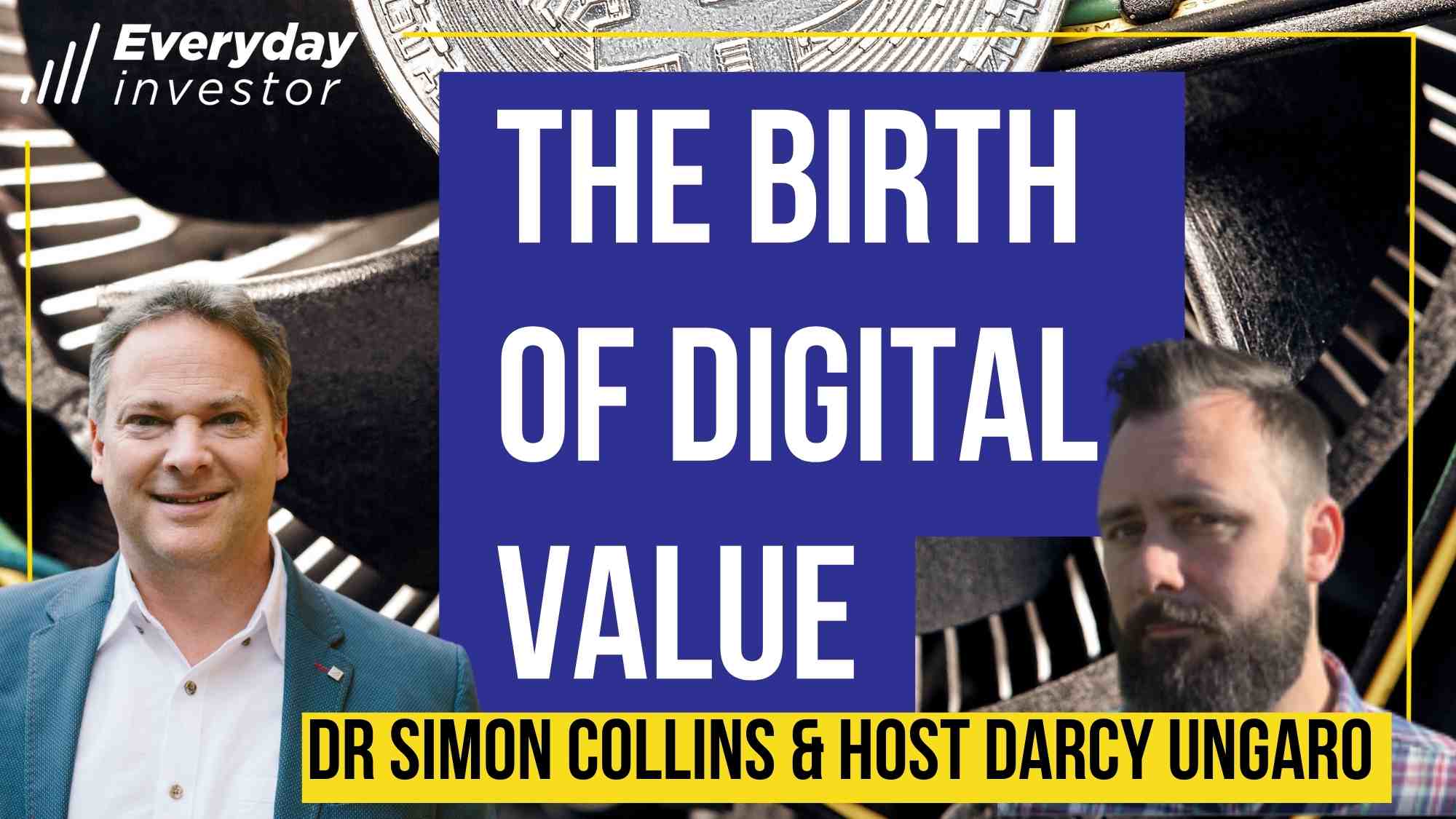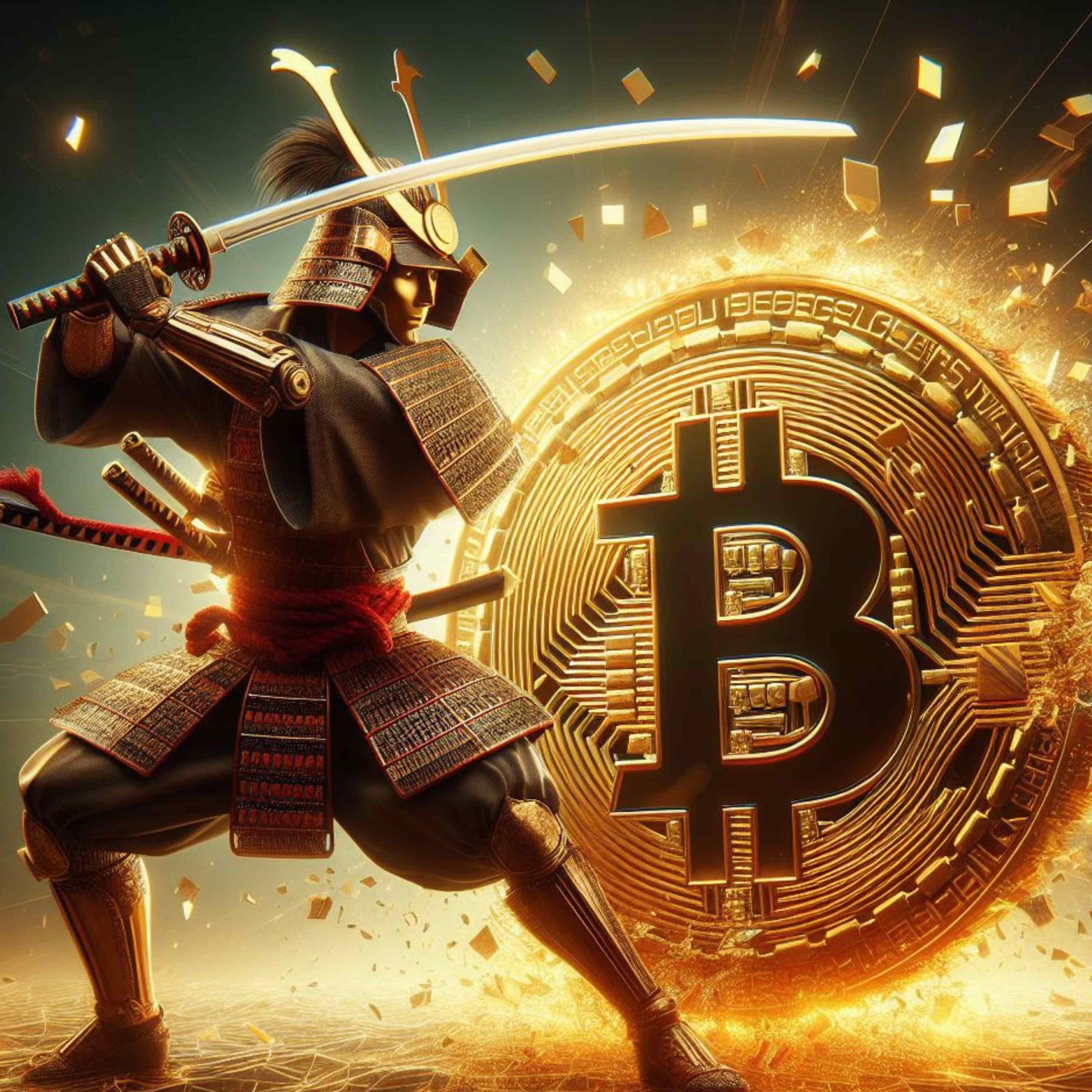We earn a living when we exchange our time and use of our capital for currency. We pay taxes, cover our essentials, and then we have a choice between living in the moment or making provision for the future. During this January, I’ve had a couple of weeks off and I’ve been thinking about work – not my actual work, but rather the idea that work, is kind of like mining.
When you’re mining for gold or even bitcoin, raw materials of partial value are combined and catalysed to create something more valuable than the sum of the inputs.
When we work, we’re also engaged in a type of mining, because our labor and capital are applied in ways that can unlock value. This works in the analogue world, and it works in the digital world too.
So we make a living by exchanging our time, our creative and mental energy, and sometimes our physical resources too, for a currency under the dominion of an unelected central bank. An entity who can, at their discretion, debase or dilute the dollars and effectively rob us of some of the resource that we staked. Apart from opting out and using alternative forms of money like precious metals and bitcoin, we’re absolutely powerless to stop this wealth extraction from occurring.
With central bank issued digital currencies (CBDC’s) and digital ID’s, the window to exercise choice with which types of money we can use, may fast be coming to an end.
The internet, bitcoin, and now artificial intelligence are examples of some of the new frontiers of wealth we’ve seen made manifest in the last 25 years. I don’t think I could overstate the benefits that even just the internet has brought about – the other two are just getting started.
I believe the new world can deliver immense prosperity to individuals thanks to this exponential age of technology now upon us. I also believe that much of this benefit will likely be extracted and retained by a few global elite at the top.
It’s a trite saying but if you fix the money, this concern could diminish. Bitcoin may not be the answer to everything– physical precious metals may not be the answer either – but if we all own a bit of both, we’re making those presently autonomous, a bit more accountable.
Those who prefer more government control over individual sovereignty, or those who have the most to lose, are often those first to believe anything negative about bitcoin, including the level of harm it does to the environment.
If you’d like to learn more around the counterargument that bitcoin is bad for the environment, and also potentially connect a few more dots in your understanding of this space, then check out the below podcast. As usual, just because we’re covering a specific topic in this episode, it doesn’t mean this is financial advice or an endorsement to acquire bitcoin.





